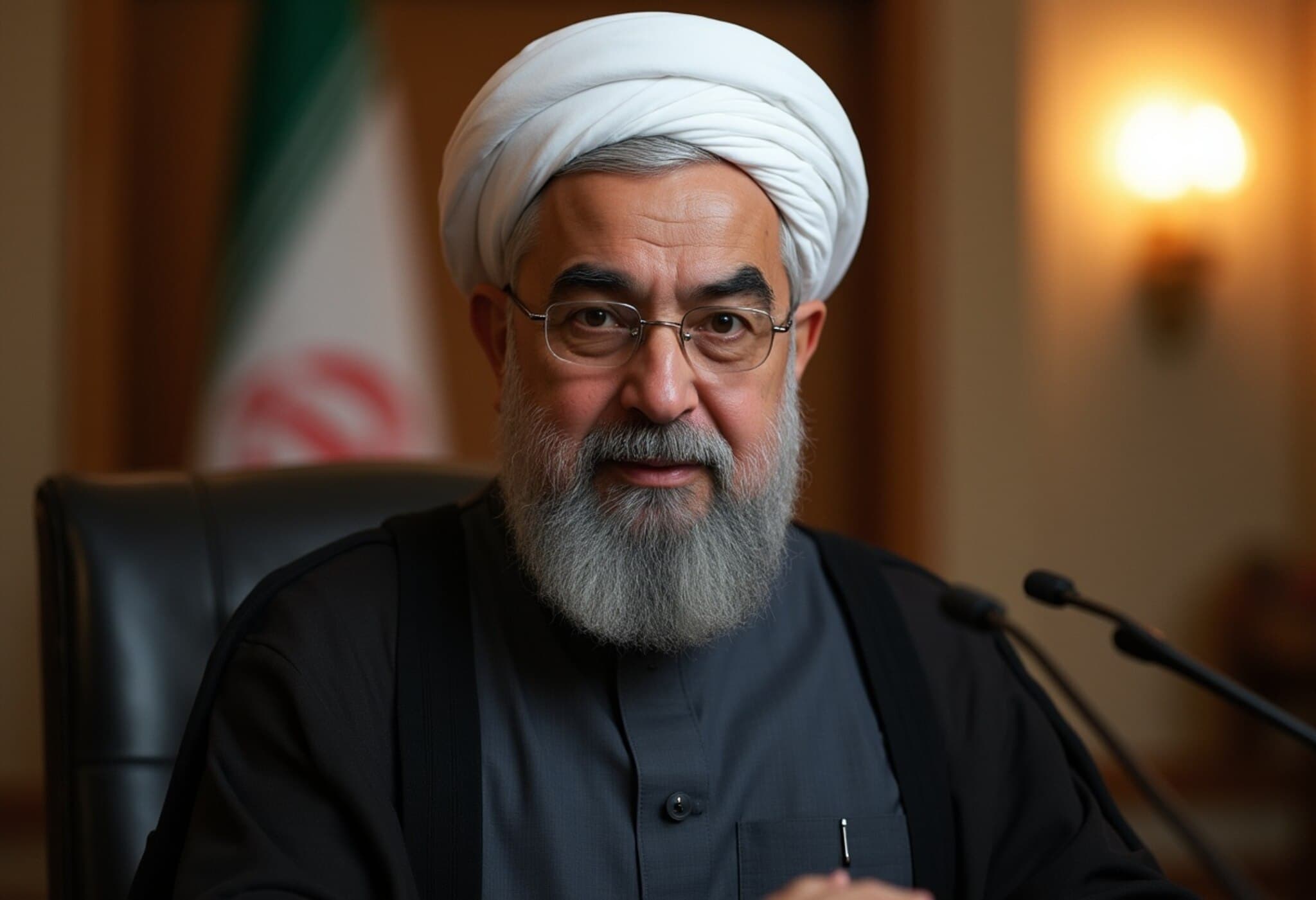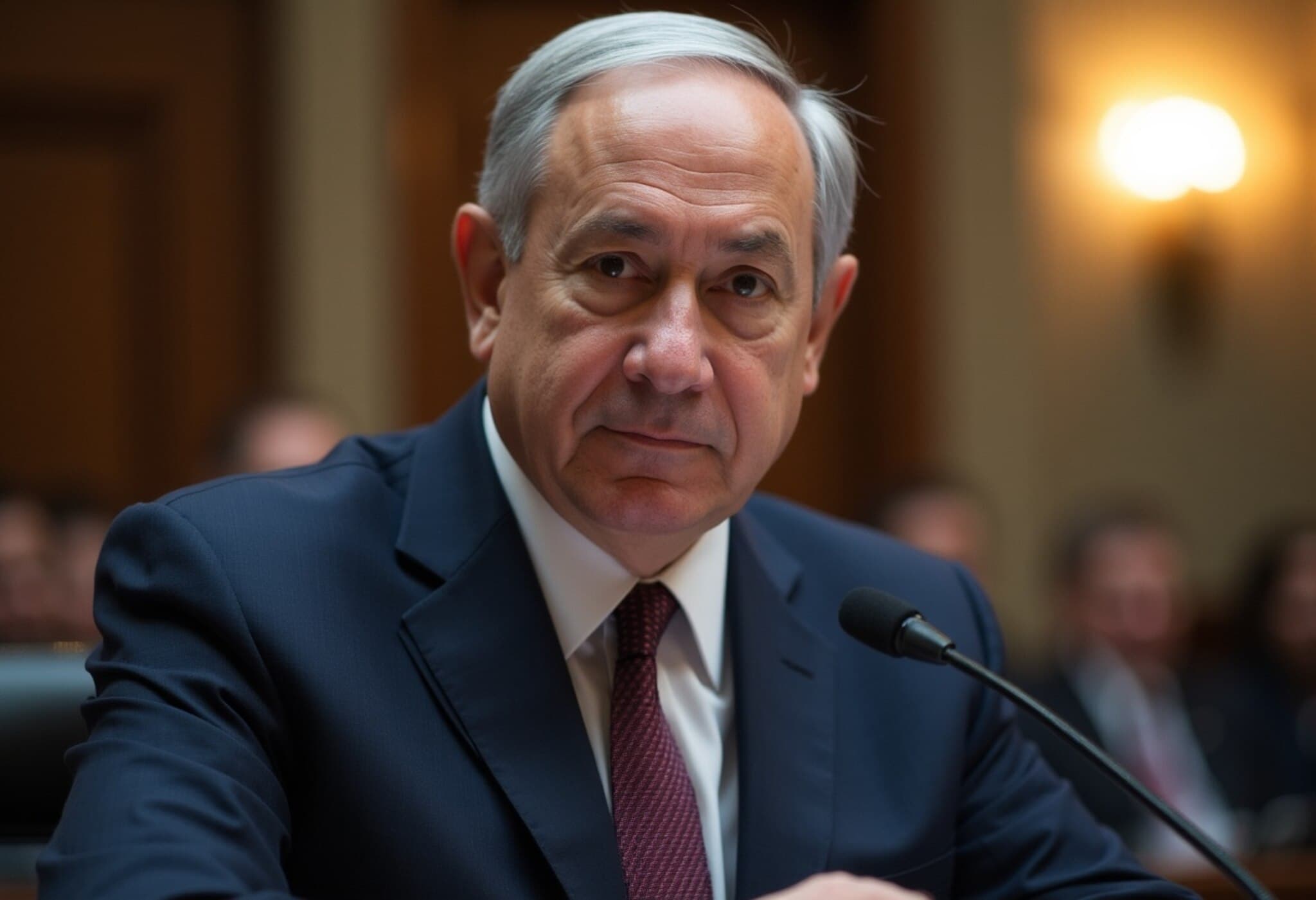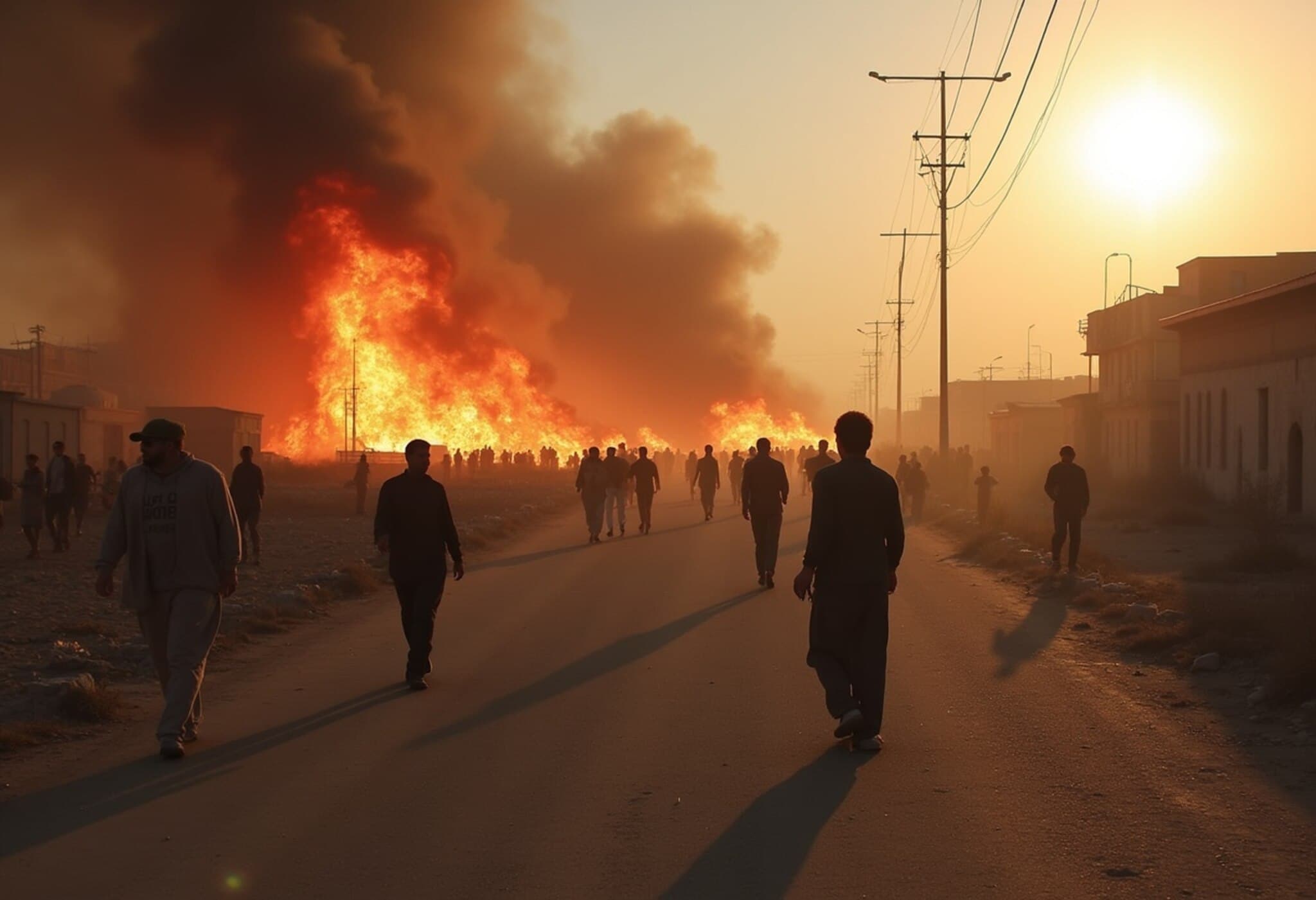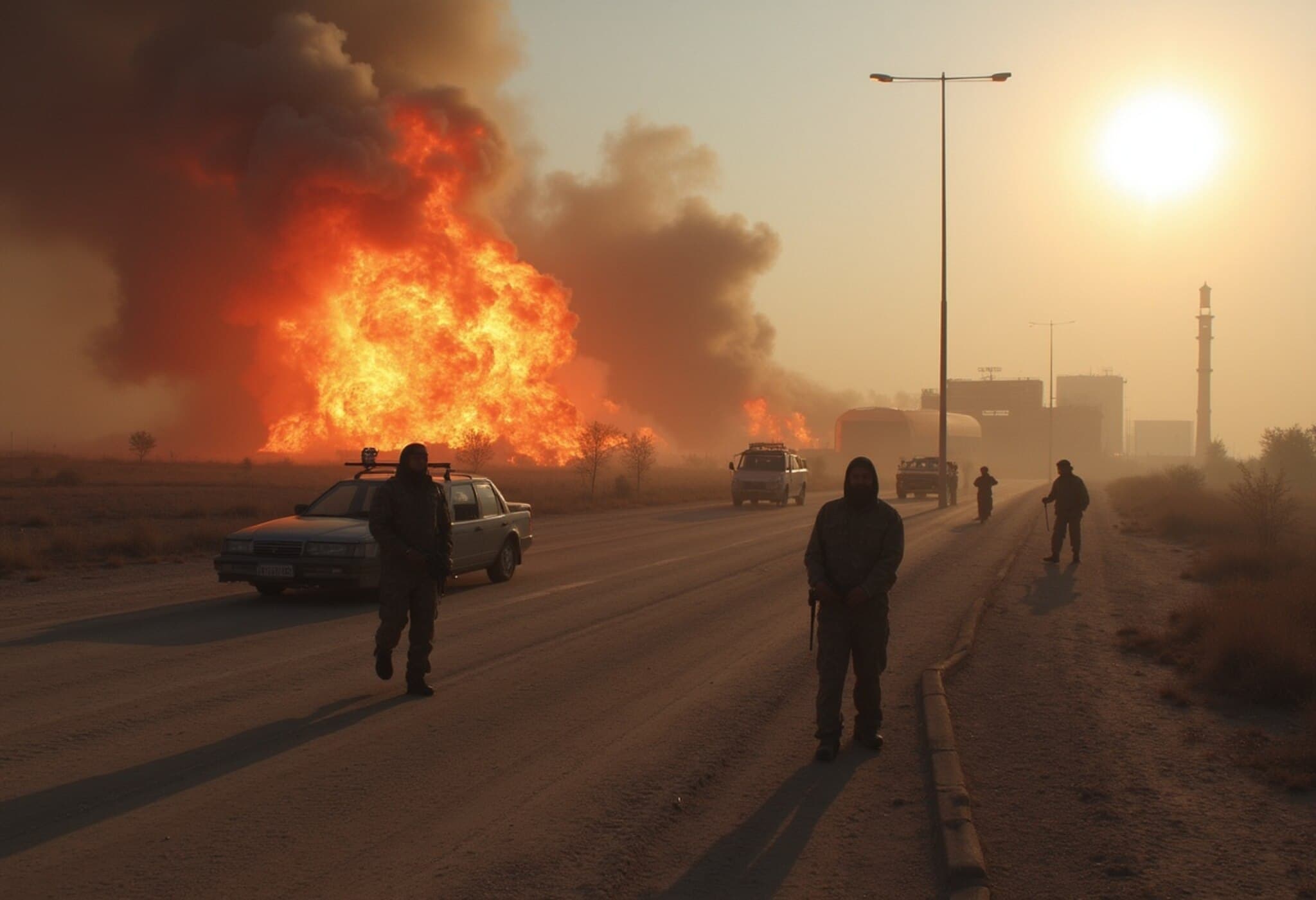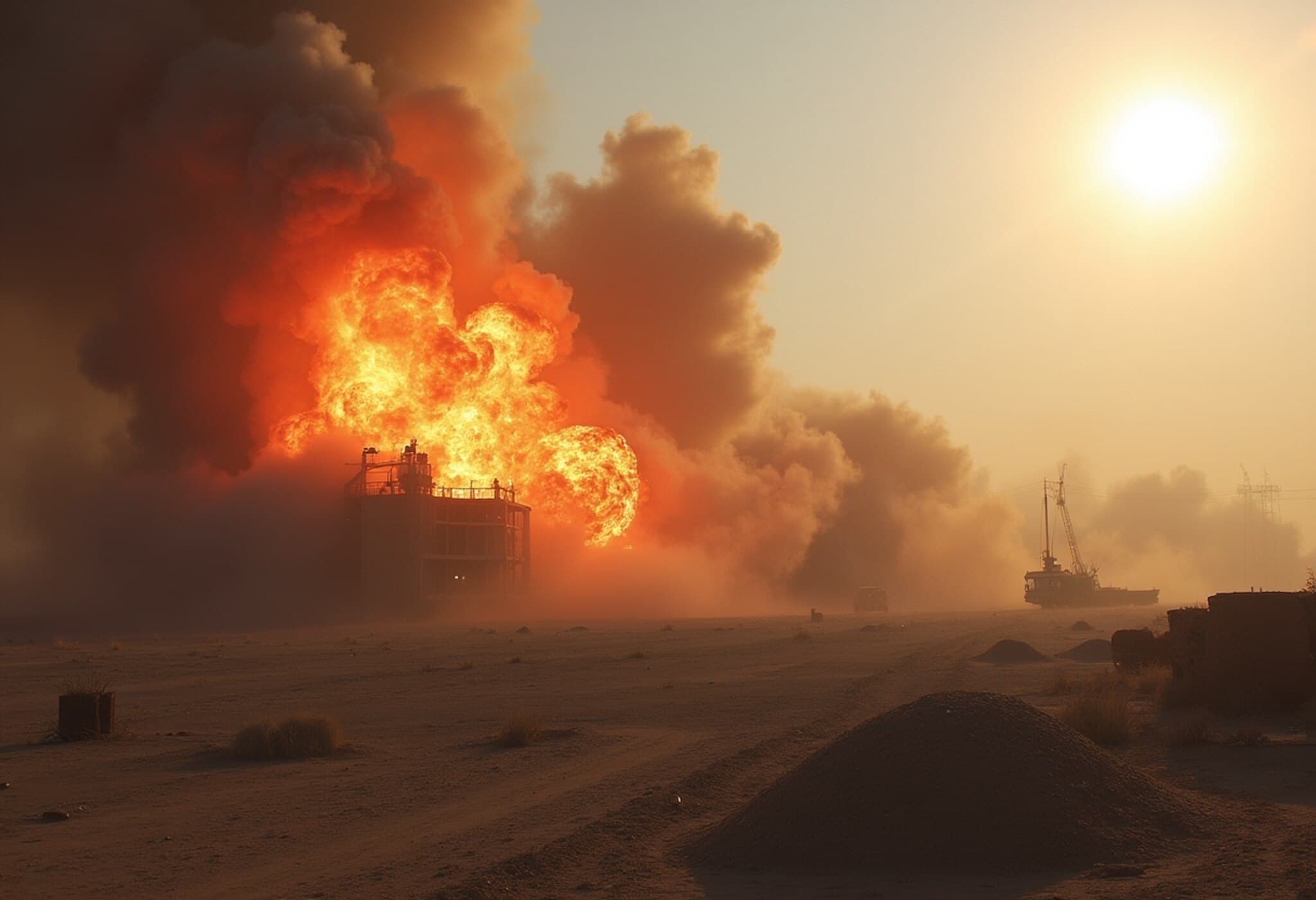Qatar PM Sounds Alarm on Gulf Water Supply Threat
Qatar’s Prime Minister, Mohammed Al Thani, has issued a stark warning that the Gulf region could run out of drinking water within just three days if Iran’s Bushehr nuclear power plant is attacked. Given the Gulf countries’ heavy reliance on desalinated seawater, any contamination from an incident at the plant would pose a severe risk to millions.
Dependence on Desalinated Water Puts Gulf in Peril
In a revealing interview conducted three months ago, Al Thani explained the critical dependence on desalination plants that process water from the Persian Gulf. Unlike many parts of the world, Gulf states lack significant natural freshwater reserves, such as rivers or large aquifers, making desalination their lifeline.
"The water we use for our people is from desalination. We don’t have rivers and we don’t have water reserves," he said. "If the nuclear plant were damaged, the water would be entirely contaminated. No water, no fish, nothing, it has no life."
He emphasized that the threat extends beyond Qatar alone, impacting neighboring countries including Kuwait and the UAE, all of which share this vulnerability.
Risk Assessments and Precautionary Measures Underway
Recognizing the gravity of the threat, Qatar has undertaken extensive risk simulations to gauge potential impacts stemming from damage to the Bushehr facility. In response, the nation has bolstered its water security by constructing large-scale water storage facilities capable of sustaining citizens in an emergency.
Regional Tensions Amplify Concerns
This warning arrives amidst escalating tensions in the Middle East, where recent US strikes on Iranian targets have intensified fears regarding the nuclear plant’s safety. Regional bodies like the Gulf Cooperation Council have responded, establishing an emergency coordination center in Kuwait. Meanwhile, Bahrain is preparing over 30 emergency shelters to respond to any fallout.
Foreign ministers from Qatar and the UAE have publicly cautioned about the potential for "uncalculated" military strikes that could devastate the delicate ecological and water systems Gulf countries rely on.
Implications for Millions of Residents
Millions in the Gulf depend daily on desalinated water not only for drinking but also for hygiene and agriculture. With such a fragile water supply chain, any disruption could spiral into a humanitarian crisis. While some residents express anxiety over the looming risks of conflict or environmental disaster, others place their trust in government preparedness and safety protocols.
Looking Ahead
The situation underscores the urgent need for diplomatic solutions alongside enhanced regional preparedness. Protecting vital infrastructure like the Bushehr nuclear power plant remains paramount to ensuring the Gulf’s water security and the well-being of its populations.


